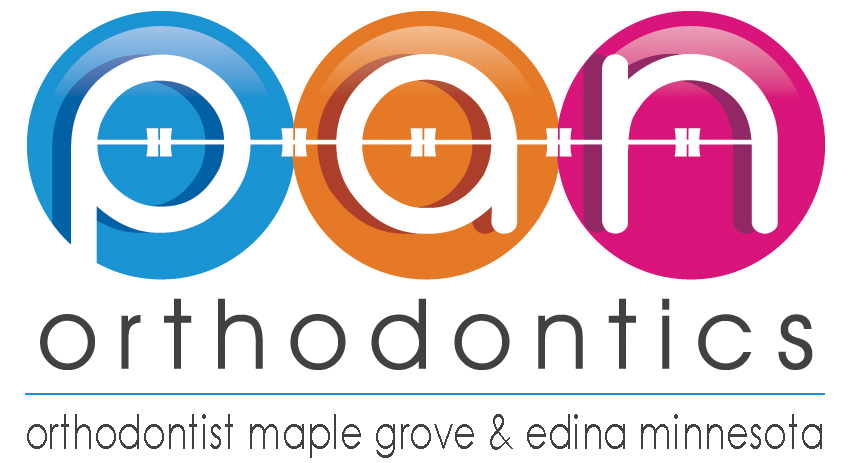Does an Overbite Get Worse With Age?
Tooth occlusion is the term for the way the teeth in your upper jaw are positioned and aligned with those in your lower jaw when you close your mouth or chew food. An overbite and a form of occlusion where your top teeth are positioned in front of your bottom teeth, and this can become a problem, especially when the difference leaves a gap of more than 2mm.
There are a variety of causes for an overbite. In the overbite, the upper incisors grow faster than the lower ones and block bone growth in the mandible resulting in tooth offset and overlap. In the most severe cases, the lower part of the face is found reduced compared to the upper part. Most malocclusions (problems with the alignment of your teeth) are hereditary. In addition, certain factors can worsen the malocclusion. Factors that can worsen the overbite are mouth breathing, thumb sucking, lingual propulsion, premature loss of a primary tooth, or the presence of an extra tooth. Additionally, overbites often appear especially in subjects presenting a strong tongue thrust on the incisors thus causing a significant skeletal shift between the top and the bottom. Tongue thrust is a forward position of the tongue during rest, and a thrust against or between the teeth during swallowing and speech. It is important to intercept the factors that can worsen the malocclusion as soon as possible. Unfortunately, overbites not only get worse or more pronounced with age, but they cause a number of symptoms that can get worse with age as well, including headaches, trouble chewing, sinus issues, jaw pain, gum disease, and/or tooth decay.
Not only will an overbite get worse with age, but the symptoms you might feel from having an overbite can worsen with age. As you age, and especially without dental and orthodontic intervention, your teeth will continue to shift and move in your mouth. Problems associated with an overbite can be exacerbated by the normal shifting and movement of teeth. Additionally, any habits you have that might be causing the overbite, if not addressed properly, will continue to add to the problem. For example, mouth breathing can worsen an overbite and complicate future correction. For these reasons, it is best if an overbite is diagnosed by a dentist- and the earlier the better! Once an overbite is diagnosed or observed, the age to start orthodontics varies depending on the type of problem or the overbite.
If you or someone your love has an overbite, is recommended to consult an orthodontist around the age of 7 years, if possible. A first visit will assess the development of the jaws and the eruption of the teeth. The age to start orthodontic treatment will then be determined. Some problems need to be corrected before the eruption of the canines and premolars. A first phase of treatment will be recommended and discussed. A first phase will have a favorable effect on the development and eruption of the teeth. Sometimes the first phase of treatment avoids the need for correction in adolescence, as in some situations, the first phase will reduce the severity of the problem in a significant enough way that no further intervention is needed. There are some problems that need to be corrected when more permanent teeth are in the mouth. This period should ideally also correspond to the active period of growth. The period of adolescence thus represents a favorable period for correcting several types of malocclusions- including overbites. Regular monitoring during the eruption of the teeth helps to monitor the malocclusion and prevent the factors that can worsen it.
